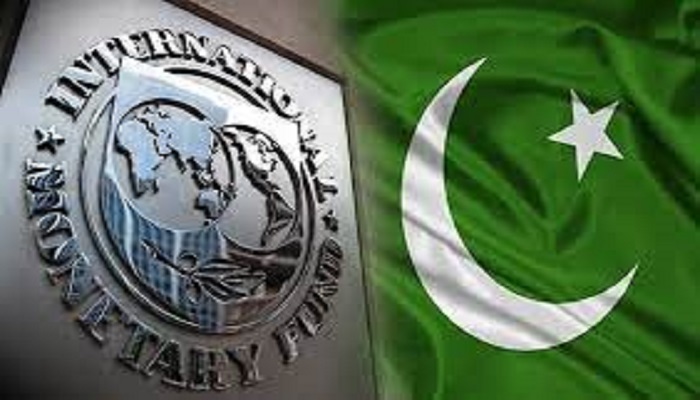LAHORE MIRROR — A long-awaited loan agreement between Pakistan and the International Monetary Fund (IMF) will be signed once a few remaining points, including a proposed fuel pricing scheme, are settled, an IMF official confirmed on Friday.
The coalition government and IMF have been negotiating since early February on an agreement that would release $1.1 billion to the cash-strapped country of 220 million people.
The latest issue is a plan, announced by Prime Minister Shehbaz Sharif last week, to charge affluent consumers more for fuel, with the money raised used to subsidise prices for the poor, who have been hit hard by inflation, which in February was at its highest in 50 years.
Petroleum Minister Musadik Malik told Reuters on Thursday that his ministry had been given six weeks to work out the pricing plan.
But the IMF’s resident representative in Pakistan, Esther Perez Ruiz, said the government did not consult the fund about the fuel pricing scheme.
Ruiz, in a message to Reuters, confirmed a media report that a staff-level agreement would be signed once a few remaining points, including the fuel scheme, were settled.
She added that the fund would ask the government for more details about the fuel proposal, including how it would be implemented and what protection would be put in place to prevent abuse.
The petroleum and finance ministries did not immediately respond to a request for comment.
With enough foreign reserves to only cover about four weeks of necessary imports, Pakistan is desperate for the IMF agreement to disperse a $1.1 billion tranche from a $6.5 billion bailout agreed upon in 2019.
The government has already implemented several fiscal measures, including devaluing the rupee, lifting subsidies and raising energy prices as preconditions for the agreement, which Finance Minister Ishaq Dar said this month was “very close”.
‘External partners’
Meanwhile, Julie Kozack, director of communications at the IMF, said in a press briefing yesterday that “timely financial assistance from external partners will be critical to support the authorities’ policy efforts and ensure the successful completion of the review”.
When asked to elaborate on what is needed from the said external partners, Kozack said: “At this point, ensuring that there is sufficient financing to support the authorities is the paramount priority.”
She added that a staff-level agreement would follow once the few remaining points were closed. “I can also say that financing assurances, right, what we’re looking for here are a standard feature of all IMF programs,” she said.
“Aside from support provided by the IMF, Pakistan’s, EFF supported program receives financing from other multilateral institutions, including the World Bank, the ADB, and the AIIB and bilateral partners, notably China, Saudi Arabia, and the UAE,” Kozack added.
“So, we do need to ensure that we have those financing assurances in place in order for us to be able to take the next step with Pakistan.”
She also mentioned that Pakistan’s economy faces “multiple challenges including from slowing growth, high inflation and large financing needs”. And of course, this is all coming on the back of devastating floods.
Kozack, also acknowledged that Pakistani authorities “are committed to implementing the necessary reforms” and that “they’ve started to implement decisive actions to stabilise the economy and restore confidence”.
SOUREC: REUTERS

